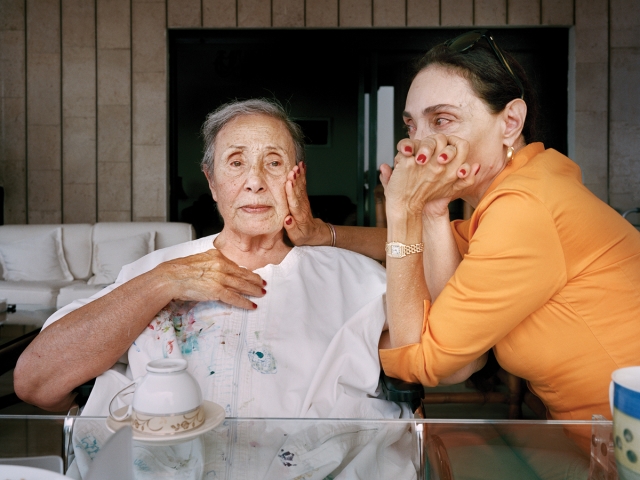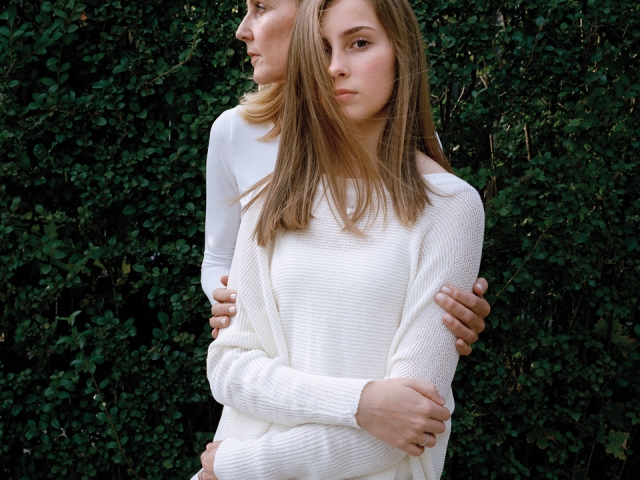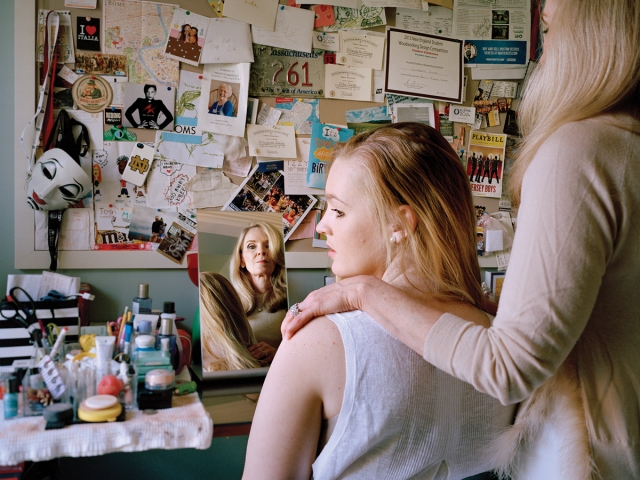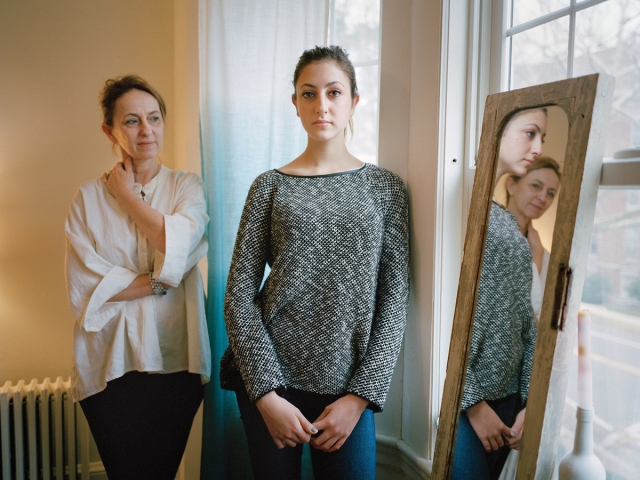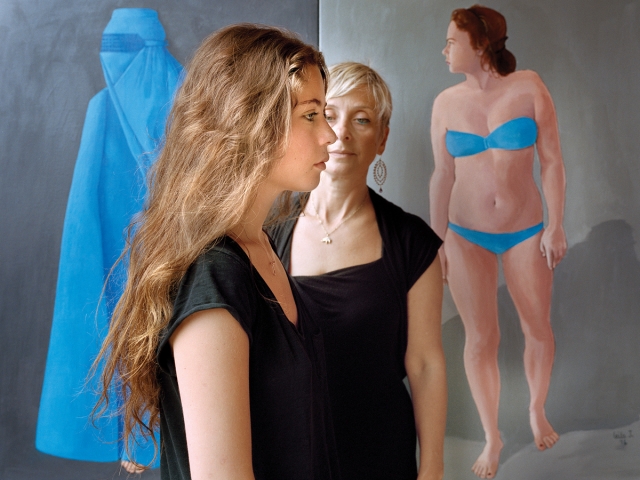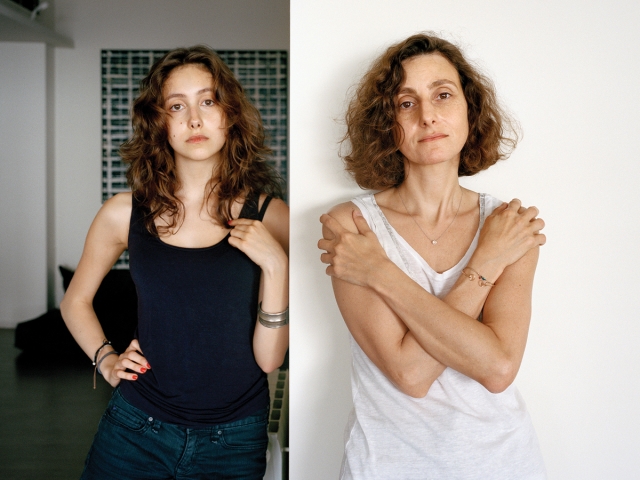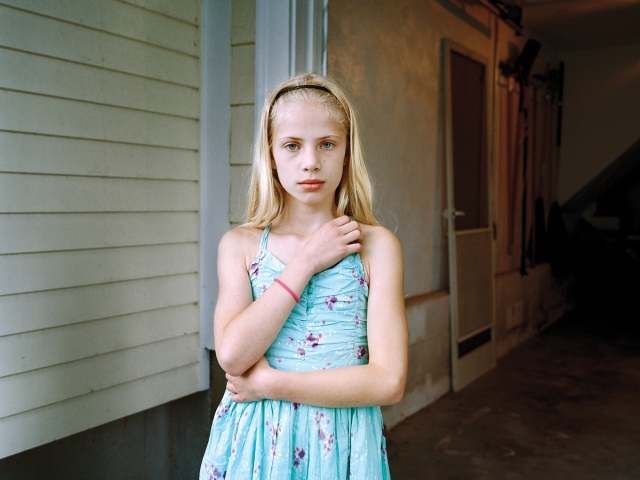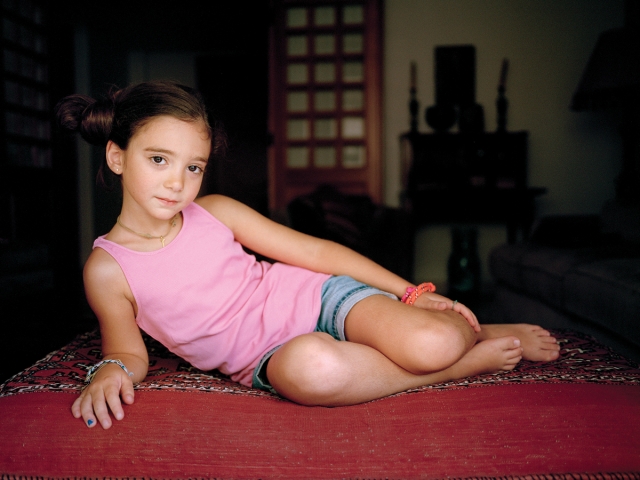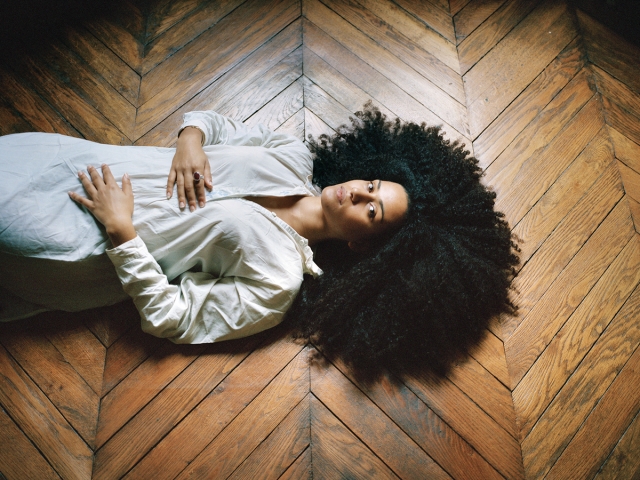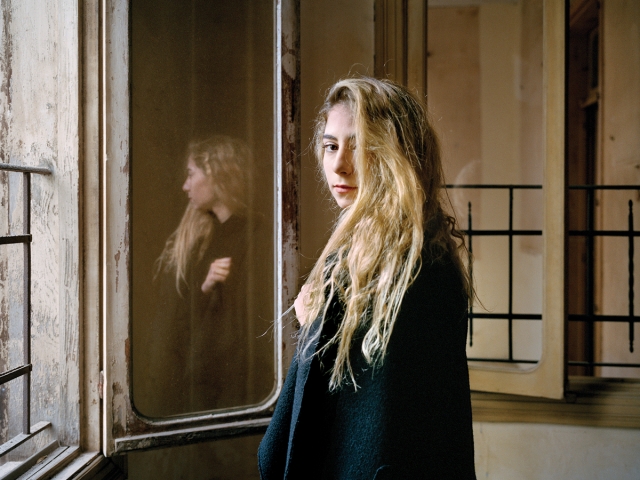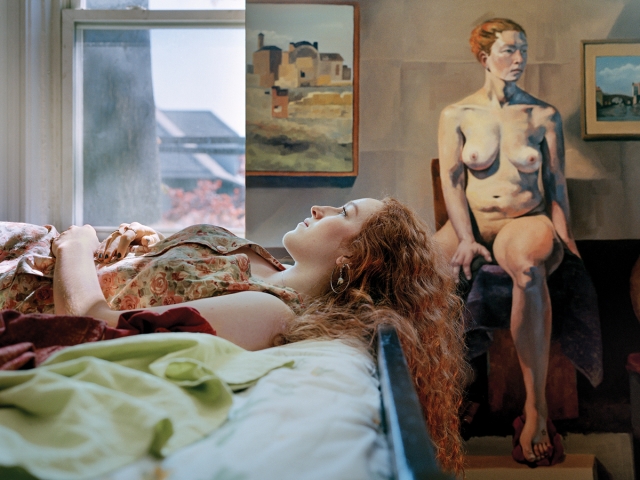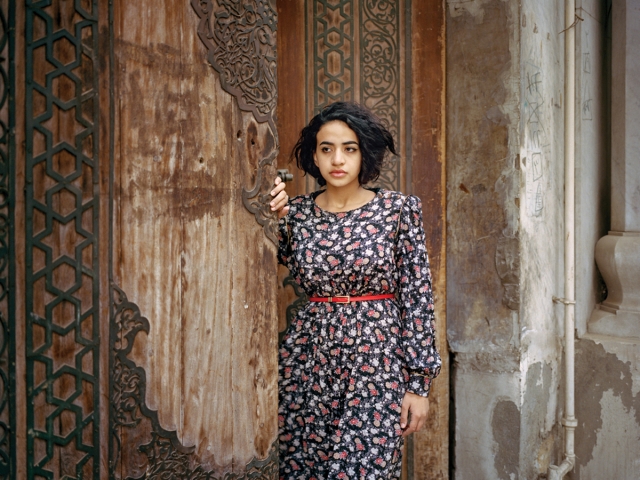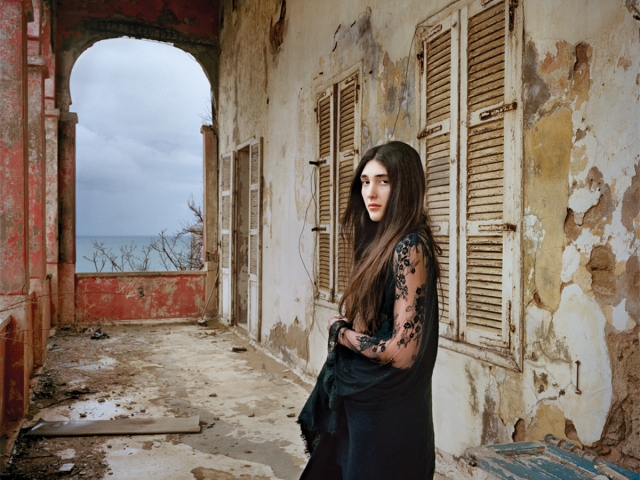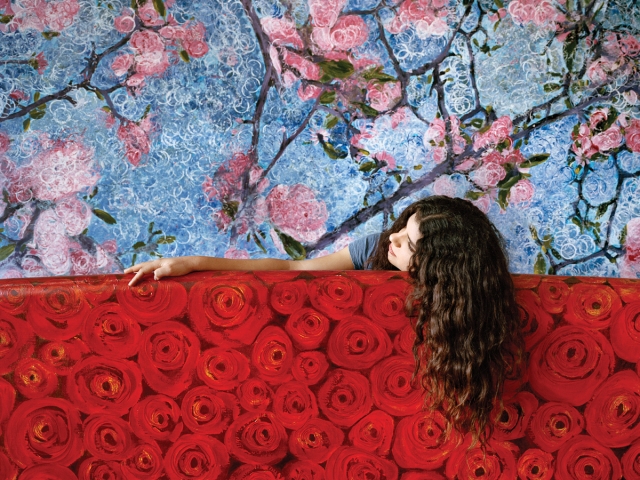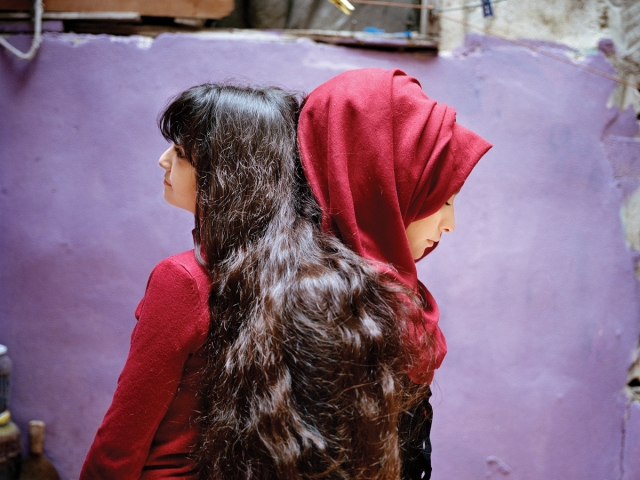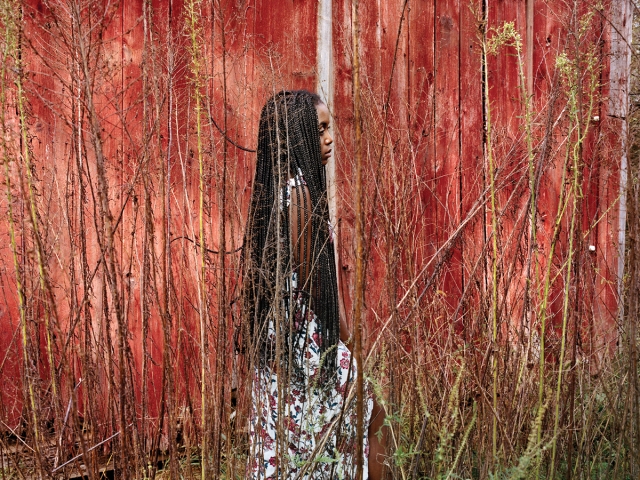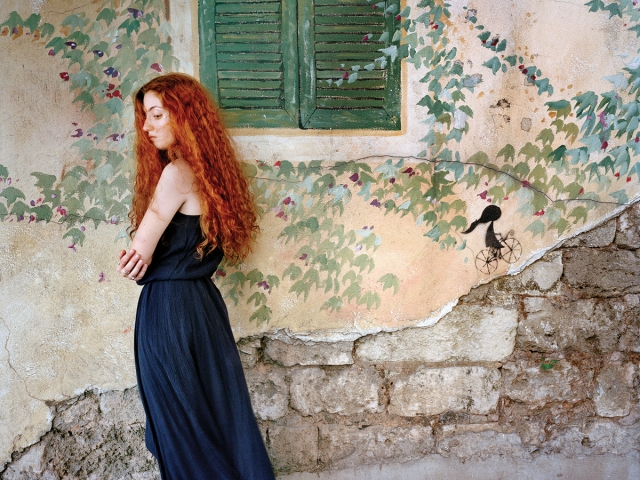Rania Matar
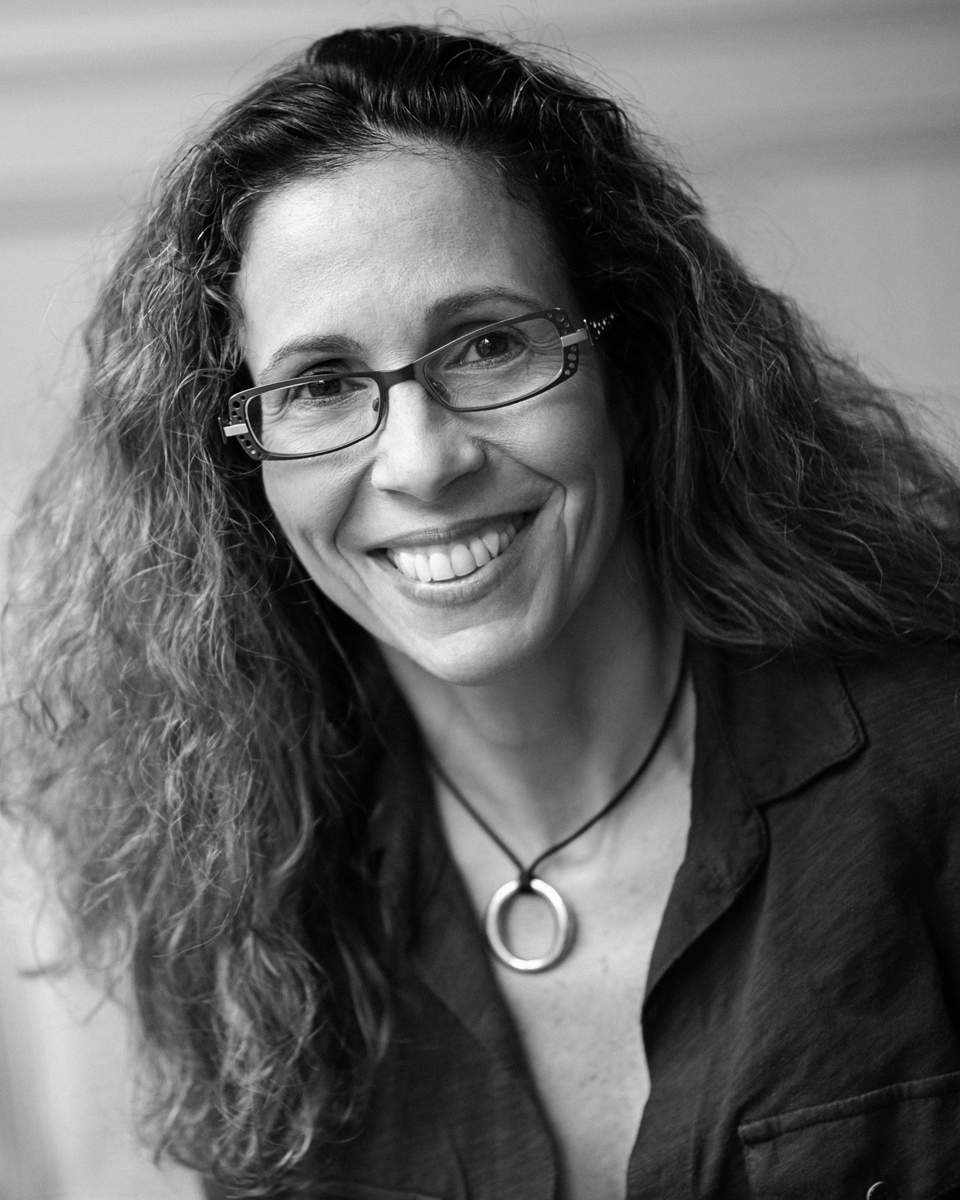
About
Rania Matar (http://www.raniamatar.com/) was born and raised in Lebanon and moved to the U.S. in 1984. As a Lebanese-born American woman and mother, her cross-cultural experience and personal narrative inform her photography. Matar’s work has been widely published and exhibited in museums worldwide, including the Museum of Fine Arts, Boston, the Carnegie Museum of Art and more. It is part of the permanent collections of several museums, institutions and private collections. A mid-career retrospective of her work was recently on view at the Cleveland Museum of Art, and at the Amon Carter Museum of American Art, in a solo exhibition: In Her Image: Photographs by Rania Matar. She has received several grants and awards including a 2018 Guggenheim Fellowship, 2017 Mellon Foundation artist-in-residency grant at the Gund Gallery at Kenyon College, 2011 Legacy Award at the Griffin Museum of Photography, 2011 and 2007 Massachusetts Cultural Council artist fellowships. In 2008 she was a finalist for the Foster Award at the Institute of Contemporary Art/Boston, with an accompanying solo exhibition. Her work is in the permanent collections of several museums, institutions and private collections worldwide. She has published three books: L’Enfant-Femme, 2016; A Girl and Her Room, 2012; Ordinary Lives, 2009. Matar is currently associate professor of photography at the Massachusetts College of Art and Design.
Scheduled to Teach
Gallery
LACP Interviews Rania Matar
LACP asks Rania Matar ten questions about her background, career in and beliefs about photography.
Los Angeles Center of Photography: What kind of photographer are you?
RM: I am a fine art photographer whose focus is on portraiture. I am especially interested in women and girls, and the states of ‘becoming’, in both the United States where I live and the Middle East where I am from.
LACP: How long have you been shooting?
RM: I was originally trained as an architect, with an interest in painting. I became a photographer when I became a mother and wanted to make better photographs of my children. I fell in love with the medium that allowed me to find the beauty in the intimate and the mundane moments of daily life.
LACP: Where did you get your training?
RM: My original architectural and artistic training was at the American University of Beirut and Cornell University. I then took photography workshops at the New England School of Photography and the Maine Media Workshops.
LACP: When did you know you wanted to devote your life to photography?
RM: It started in 2000, when I was making photographs of my children, but I became very serious about it and took my photography to another level of commitment after the events of September 11, 2001, when I knew that I wanted to tell another story of the Middle East, different from the “them v/s us” rhetoric. I never went back to architecture after that.
LACP: Did you ever come close to giving up?
RM: No. I had ups and downs, but I never came close to giving up. I just love photography too much.
LACP: Have you sacrificed anything by being a photographer?
RM: I guess I sacrificed having down and quiet moments. I never stop looking and observing, even when I don’t have a camera with me.
LACP: What have you gained by being a photographer?
RM: I gained having a passion. I gained learning to see the beauty in the simple mundane moments I used to take for granted. I gained learning to read people, and interact with them intimately – I met the best people through my work. I gained understanding my own life and my children’s, by photographing women, girls and women navigating their way through life, often going through the similar issues of growing up. I gained keeping myself challenged by staying motivated and always raising the bar for myself.
LACP: What classes do you teach at LACP?
RM: I am teaching a ‘Portrait and Identity’ class, teaching how to really see people, how to collaborate with them, how to develop an intimate relationship of trust with them, how to portray them truthfully, and how to tell a story with portraiture.
LACP: What do you love most about teaching?
RM: Teaching is very meaningful to me. I learned so much myself from many wonderful teachers to whom I owe so much in my own practice. It is a way to give back. It is so rewarding to be able to share what I have learned with students, to help them develop their vision and find their unique voice, to help them develop a love and passion for photography, to teach them to ask questions and think out of the box, but especially for me to always learn to see through their eyes. I love the conversations that develop with students, and I love that teaching keeps me on my toes to stay focused, sharp and abreast of all that is happening in the world photography.
Teaching is immensely rewarding on so many levels.
LACP: What advice would you give someone who is thinking about making a career in photography?
RM: Work hard and photograph something you LOVE and are passionate about. Treat the people you photograph with respect. Your passion, commitment to the subject and work that comes from the heart will shine through. Other photographers are your friends. It is important to help each other and give each other feedback. Present your work with the respect it deserves. Look at life around you. You don’t need to go to far away places to take great photographs and make a great project. Once you start looking, you will the beauty in life around you.
